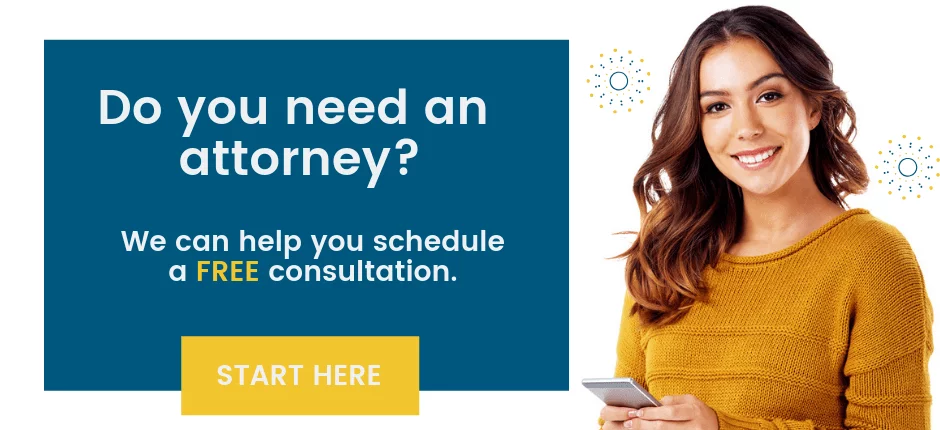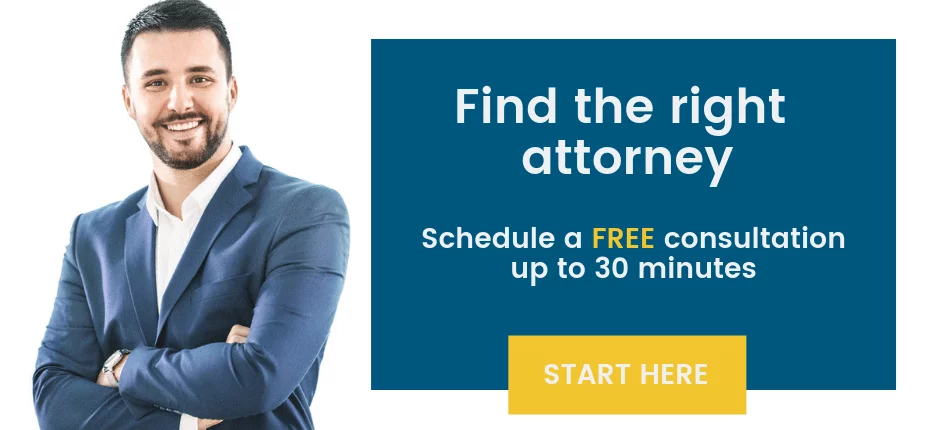What is a Free Consultation with a Lawyer?
Whether you’re interested in filing a lawsuit or protecting yourself in a legal matter, you need to find a lawyer. One of the best ways to get started is to start with a free consultation. This will allow you to learn more about the lawyer and decide whether or not it’s a good fit for your case.
In this article, we’re taking a look at one of the most common questions we hear from people looking for a lawyer – what is a free consultation with a lawyer?
Introduction
You’re going through a divorce, facing criminal charges, or defending yourself against a malicious lawsuit. The sheer prospect of fighting through situations like these can be overwhelming at first, especially if you aren’t familiar with the law. You know you need legal advice, but is the information you find online really enough?
The answer to this question is almost always no. It is far better to connect with a true legal expert – a lawyer – instead. The law is complex and rife with grey areas that aren’t always easy for the average layperson to understand. An attorney is best equipped to help you navigate your case.
In most cases, hiring a lawyer starts with an initial consultation. But what exactly happens during this introductory appointment, and why is it so important?
So, what is a free consultation with a lawyer?
What is a Free Consultation?
A free consultation is essentially an appointment, either by telephone or in person, with an attorney and/or their legal team. This service is intended to grant you the opportunity to meet with the lawyer and get to know them – an important step in seeing whether you can work well together.
The average free consultation is short (generally, around half an hour). However, some legal firms might offer more time, especially if your case is high-profile, especially complex, or involves a significant amount of money. For example, a lawyer’s consultation for a class action lawsuit might require several hours or even multiple sessions over a number of days. A consultation for a simple divorce, on the other hand, might only take about 15 minutes over the telephone.
Do All Attorneys Offer This Service?
No – but it’s far more common for an attorney to offer free consultations than to decline them as an option. You can expect the vast majority of legal professionals to offer this service. The exact nature, however, including how long the consultation is or how long it takes to get an appointment, might vary.
Some lawyers offer free consultations, but don’t necessarily declare it on their website and/or in advertising. Don’t be afraid to be direct and ask for a free consultation if you feel one is warranted. Most firms know how important this initial appointment is to ensure you’re both a good fit for one another.
What is the Purpose?
The overarching purpose for a free consultation is to give both you and the attorney a chance to get to know each other. Legal issues can be very challenging, both logically and emotionally, and it is important that you feel comfortable enough to work with them openly and honestly. A single short appointment is usually enough to get a feel for whether the lawyer respects you, listens to you, and supports you.
Most lawyers specialize in a certain area of law (e.g., divorce or family law). Others might provide more generalized services, yet lack special expertise in any one area. An initial consultation also grants the lawyer a chance to get to know your case and determine whether they can help. This involves taking a surface-level look at what it is you need, what contributing factors are at play, and how much support you want.
A good lawyer can, and will, be direct and honest with you if they feel they lack the right background to help. They might even suggest referring you to a colleague who is better equipped to fight for your rights.
Finding a Lawyer
The first step in preparing for a legal consultation is to find a lawyer. You can browse your local yellow pages, search for lawyers online, or even drive around your neighborhood paying close attention to local advertising. Jot down the names and numbers of anyone you find; then, research them to ensure they are legitimate.
However, an easier and more reliable option does exist: calling a lawyer referral service. These organizations specialize in cross-matching people to a vetted list of local lawyers with the right expertise and a proven track record of success. Once you identify someone suitable, you can ask them to arrange a consultation directly.
All legal referral services are regulated and mandated by the California Bar. They must provide you with recommendations that are truly in your best interests at all times. You can trust them to find the right person for the job.
How to Prepare
After scheduling your free consultation, it’s time to get prepared. Start by writing down a list of the most important aspects of your case. Keep this short, direct, and to the point. Keep this with you when you go.
It’s also wise to bring a pen and paper with you. A tablet or smartphone works, too, if you prefer technology instead. This will allow you to take notes and write down critical information, such as how much the lawyer charges.
If you have documents that are critical to your case, such as contracts, court orders, or copies of communication, be sure to bring those along to your appointment. It may be helpful for the attorney to see them before they decide if they can take you on.
If you find yourself overwhelmed or emotional, it may be helpful to write down a list of questions to ask the lawyer in advance. If you need suggestions or aren’t sure where to start, see the next section for more information.
Questions to Ask
- What is your legal background?
- What area of law do you specialize in?
- How many cases have you served on?
- How often do you enjoy a successful outcome?
- Do you have any special experiences or training?
- How do you charge for services – by retainer, per hour, or on a contingency?
- Do you take payments by check or credit card?
- Do you offer financing options?
- What happens if I lose the ability to pay?
- How do you prefer to communicate?
- Will others in your firm (legal aid, paralegal, etc.) be involved?
- How long do you anticipate it will take to resolve my case?
- Do you feel I have a strong case? If not, can you help strengthen it?
- If we agree to work together, what strategy would you use to help me?
Some of these questions might seem brash or even rude at first, but they really aren’t. Being upfront, blunt, and honest is the best way to ensure you make a connection with the right attorney from day one. Any lawyer worth their salt will recognize this. They might even be impressed you were so thorough!
Are you in search for a certified attorney to represent you?
Let us help you find one today!



